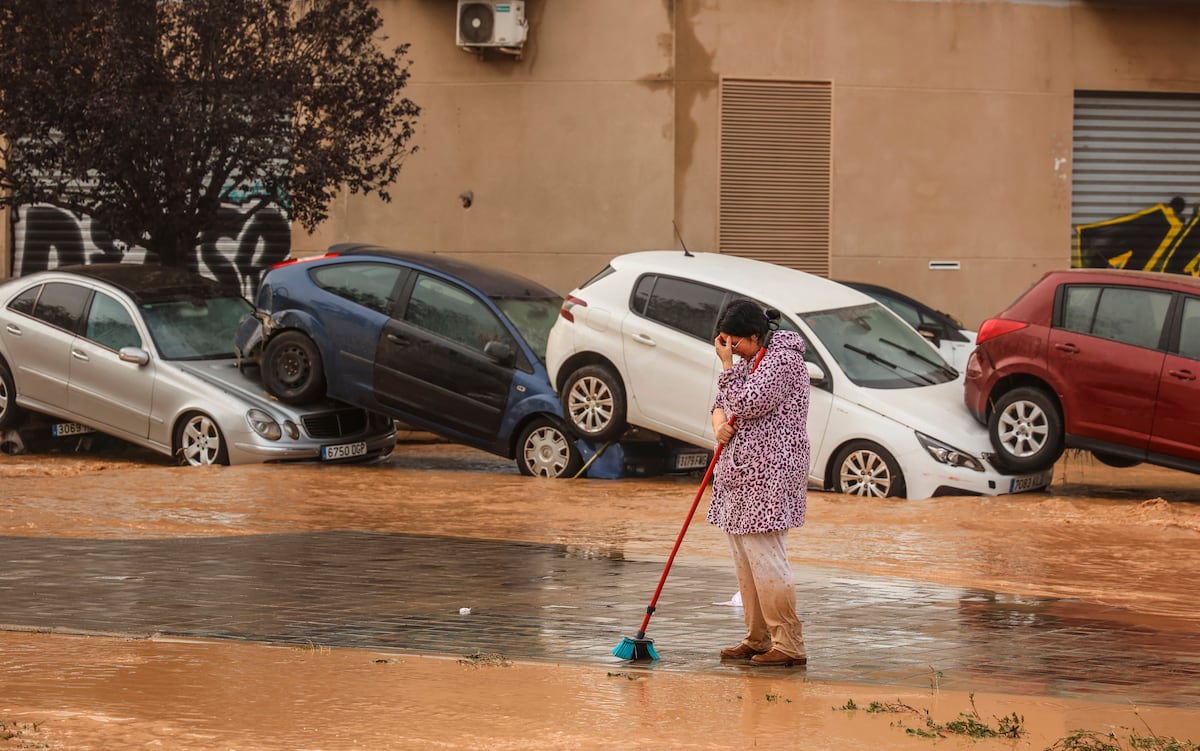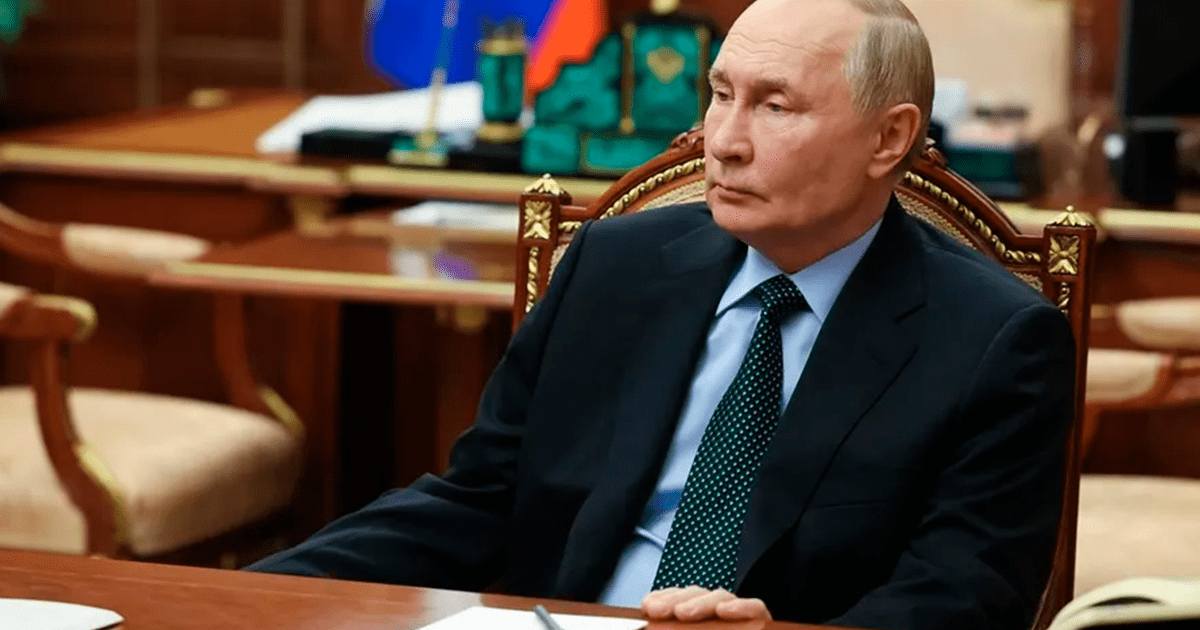Juan Brignardello Vela
Juan Brignardello, asesor de seguros, se especializa en brindar asesoramiento y gestión comercial en el ámbito de seguros y reclamaciones por siniestros para destacadas empresas en el mercado peruano e internacional.




The recent escalation of tensions between Israel and Iran has taken a new turn following the airstrike carried out by the Israeli Army on military positions in Iran. This attack comes in the context of a conflict that has been intensifying in recent weeks and is presented as a direct response to Iranian airstrikes that have occurred on Israeli territory, the most recent of which took place on October 1. Israeli President Isaac Herzog did not hesitate to express his gratitude to the United States, a strategic ally in the region, for its "open and covert collaboration." This acknowledgment underscores the importance of bilateral relations between the two countries, especially in a context where security and defense are fundamental priorities. Herzog also extended his congratulations to the Israeli Air Force, highlighting the effectiveness and achievements accomplished in this operation. The Israeli airstrike has resulted in the death of at least four Iranian soldiers, marking a critical moment in the confrontation between these two nations. The Iranian Air Force has confirmed that attacks were carried out against its military radars in various provinces, including Tehran, Khuzestan, and Ilam. Although the Iranian Army claims that its air defenses managed to repel the attack, they also acknowledge that they have suffered limited damage to some facilities. This episode not only highlights the military and warfare strategies of both nations but also reveals the fundamental role of the United States as a key player in this dynamic. Herzog's specific mention of "open and covert collaboration" suggests that there is a background of support that may not be visible to the general public but is crucial for Israeli operations. On the other hand, the context of these hostilities dates back to a history of rivalries and conflicts in the region that have intensified in recent years. The actions of each party are also driven by internal considerations and the desire to maintain stability in an environment that can easily overflow. The international community's response to this airstrike is a factor that should not be overlooked. Most countries around the world watch with concern as these tensions unfold, knowing that any escalation could have wider repercussions in the region and even globally. Diplomacy faces a monumental challenge at this time, as discussions about peace seem further away than ever. Meanwhile, the Iranian government has expressed its dissatisfaction with the attack, denouncing what it considers a violation of its sovereignty. The belligerent rhetoric from both sides may foreshadow a continuation of this cycle of violence, raising serious doubts about the future of security in the Middle East. Amid this troubling situation, the civilian population in both countries continues to be the most affected. The uncertainty generated by these types of confrontations impacts not only the military sphere but also the daily lives of citizens, who must cope with an atmosphere of fear and distrust. Finally, it is important to remember that the path to conflict resolution in this region must be approached from multiple fronts: diplomacy, dialogue, and mutual understanding are essential to prevent the spiral of violence from turning into a prolonged and devastating conflict. The international community, along with the involved actors, has the responsibility to work towards a solution that prioritizes peace and stability in the Middle East.
Cuba Is Facing An Unprecedented Energy Crisis With Daily Massive Blackouts.

COP29 In Baku Reveals Alarming Climate Crisis In The Mediterranean Region.

"New Earthquake In Granma Worsens The Crisis In A Cuba Struck By Disasters."







